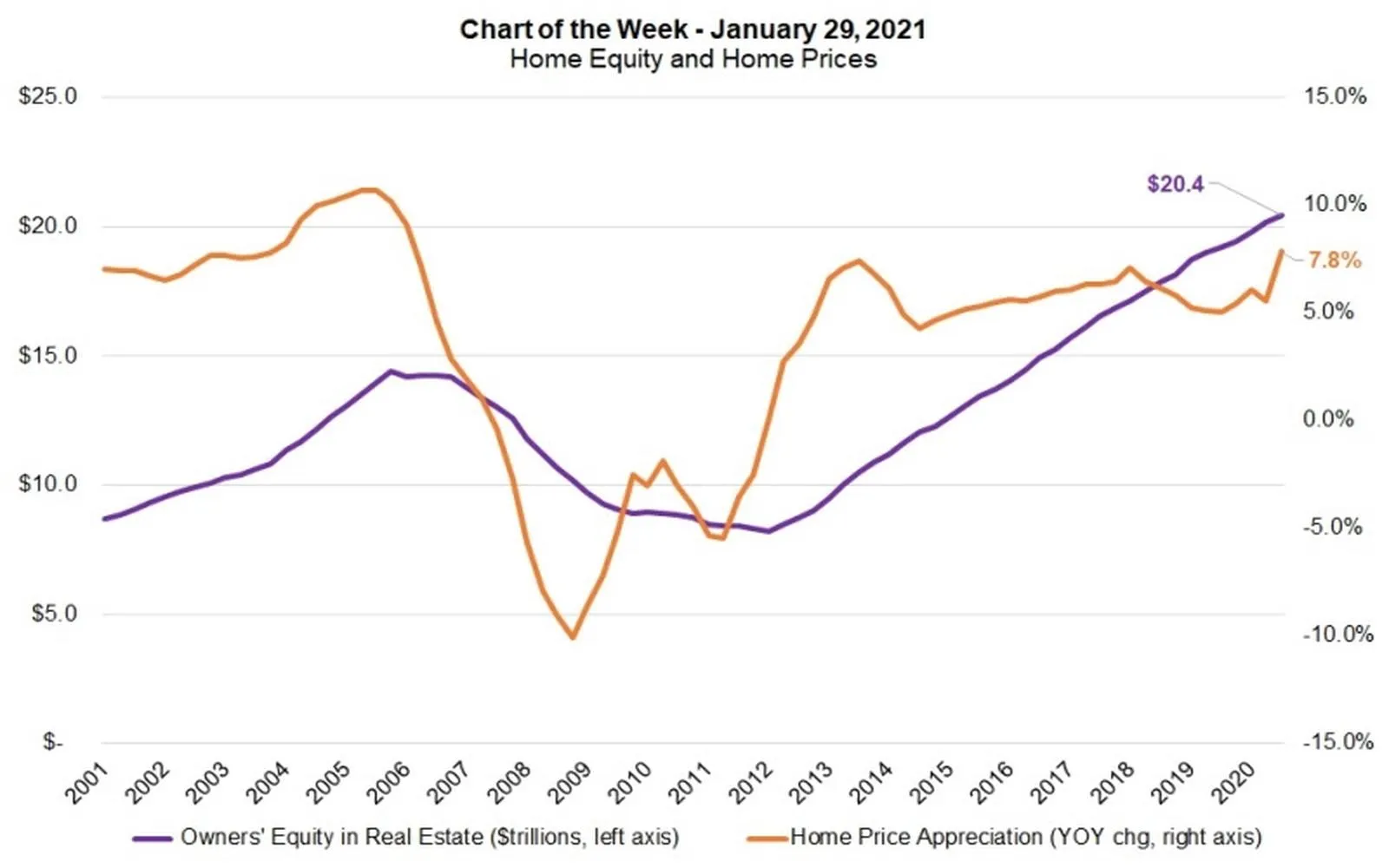Understanding Home Equity Loans
Home equity loans are a popular option for American homeowners looking to tap into the value of their homes. These loans allow homeowners to borrow against the equity they have built up in their property. Home equity is essentially the difference between the current market value of your home and the outstanding balance on your mortgage. With home prices steadily increasing in many areas, many homeowners are discovering that they have significant equity available to them.
When considering a home equity loan, it’s essential to understand the different types available. The most common types include:
- Fixed-Rate Home Equity Loans: These loans provide a lump sum with a fixed interest rate, making it easy to budget for monthly payments.
- Home Equity Lines of Credit (HELOC): A HELOC works more like a credit card, allowing homeowners to borrow up to a certain limit, pay it off, and borrow again as needed.
The Benefits of Home Equity Loans
Home equity loans offer numerous benefits for homeowners. Here are some of the most compelling reasons to consider this financing option:
- Lower Interest Rates: Home equity loans typically have lower interest rates compared to personal loans or credit cards, making them a cost-effective choice for borrowing.
- Tax Deductibility: In many cases, the interest paid on home equity loans may be tax-deductible, providing potential tax benefits for homeowners.
- Access to Large Sums of Money: Home equity loans can provide significant amounts of cash, allowing homeowners to finance large projects, consolidate debt, or cover unexpected expenses.
How to Qualify for a Home Equity Loan
Qualifying for a home equity loan involves several factors that lenders will consider. Here are the key elements:
- Credit Score: A higher credit score typically results in better loan terms and interest rates. Most lenders prefer a score of 620 or higher.
- Debt-to-Income Ratio: Lenders will evaluate your monthly debt obligations compared to your income. A lower ratio indicates a stronger ability to repay the loan.
- Equity in Your Home: Lenders will assess how much equity you have in your home, often requiring at least 15-20% equity to qualify.
Home Equity Loan vs. HELOC: Which is Right for You?
Deciding between a home equity loan and a HELOC depends on your financial needs and how you plan to use the funds. Here’s a quick comparison:
| Feature | Home Equity Loan | HELOC |
|---|---|---|
| Loan Type | Fixed | Variable |
| Disbursement | Lump sum | Line of credit |
| Repayment | Monthly payments | Interest-only payments initially |
| Flexibility | Less flexible | More flexible |
If you prefer a straightforward loan with predictable payments, a fixed-rate home equity loan might be the best fit. On the other hand, if you expect to need funds over time for various expenses, a HELOC may offer the flexibility you need.
The Risks of Home Equity Loans
While home equity loans can be advantageous, they also come with risks. Homeowners should be aware of the following potential downsides:
- Risk of Foreclosure: Since your home acts as collateral, failing to repay the loan can lead to foreclosure.
- Potential for Debt Accumulation: Borrowing against your home can lead to taking on more debt than you can manage, especially if property values decline.
- Fees and Closing Costs: Home equity loans may come with significant fees, including appraisal and closing costs, which can add to the overall expense.
Conclusion
Home equity loans can be a powerful tool for American homeowners looking to unlock the value of their homes. Whether you want to fund a renovation, consolidate debt, or cover other expenses, understanding the ins and outs of home equity loans is crucial. By carefully considering your options and weighing the benefits against the risks, you can make an informed decision that aligns with your financial goals.
If you’re thinking about a home equity loan, consulting with a financial advisor or a mortgage professional can provide valuable insights tailored to your unique situation. With the right approach, unlocking your home’s value can lead to greater financial stability and opportunities.









